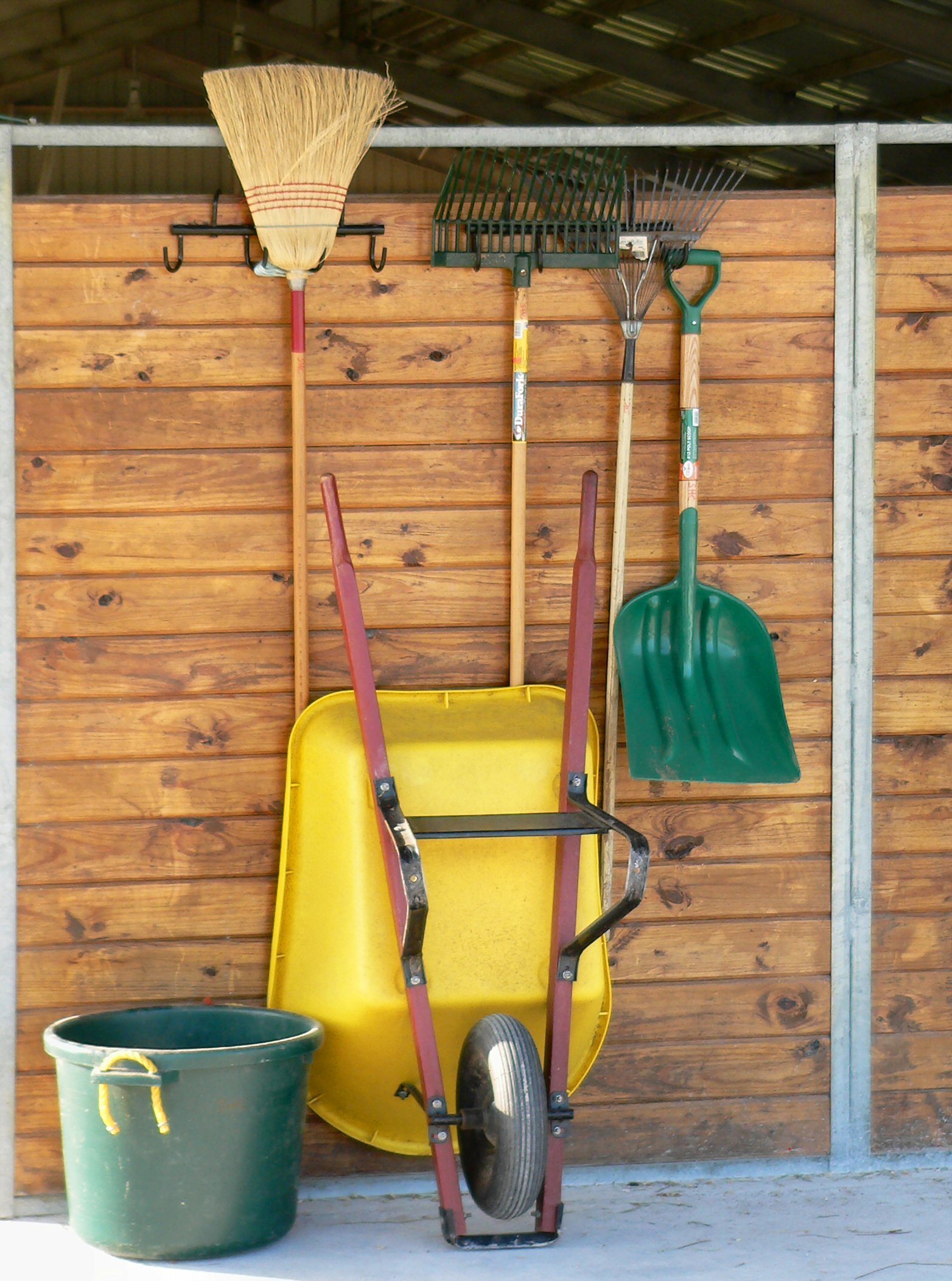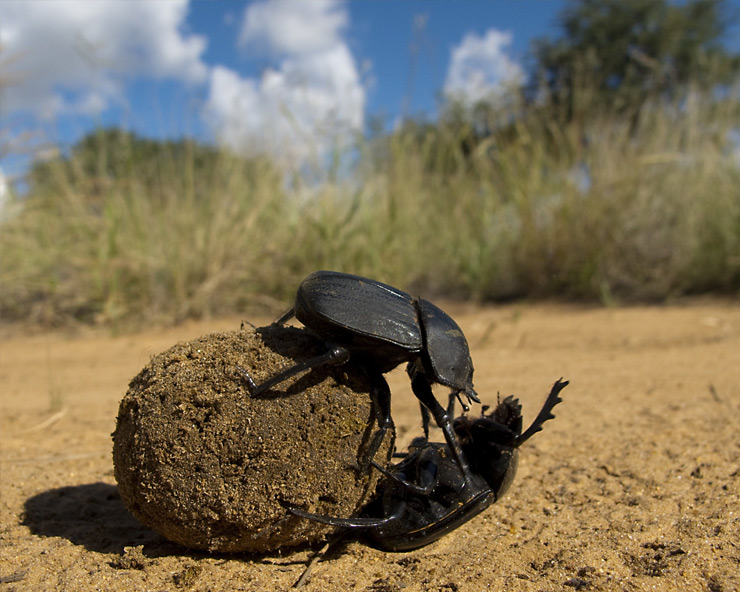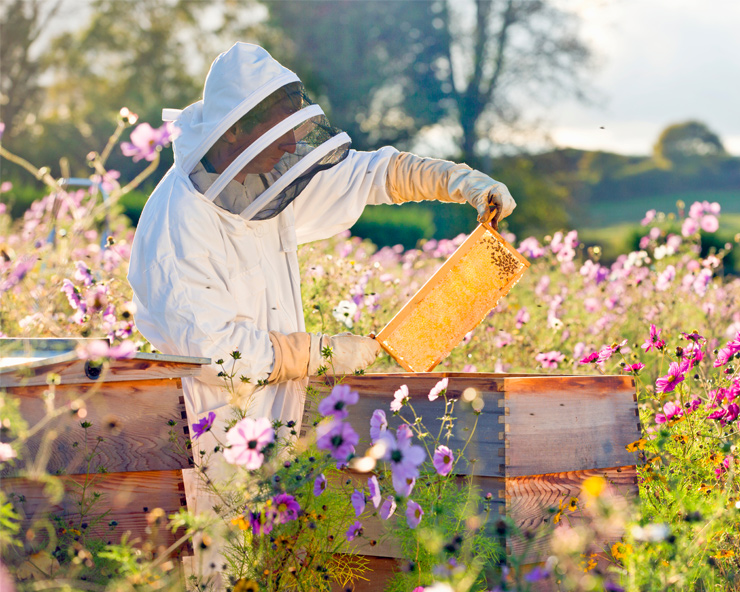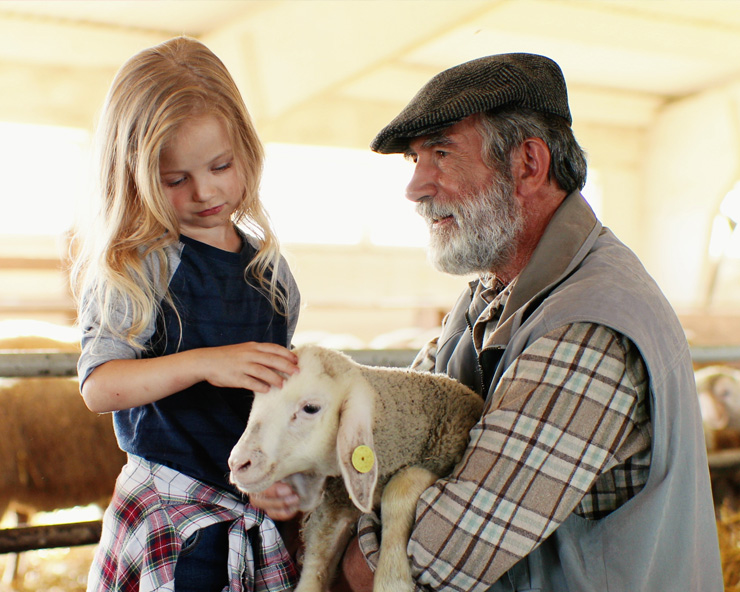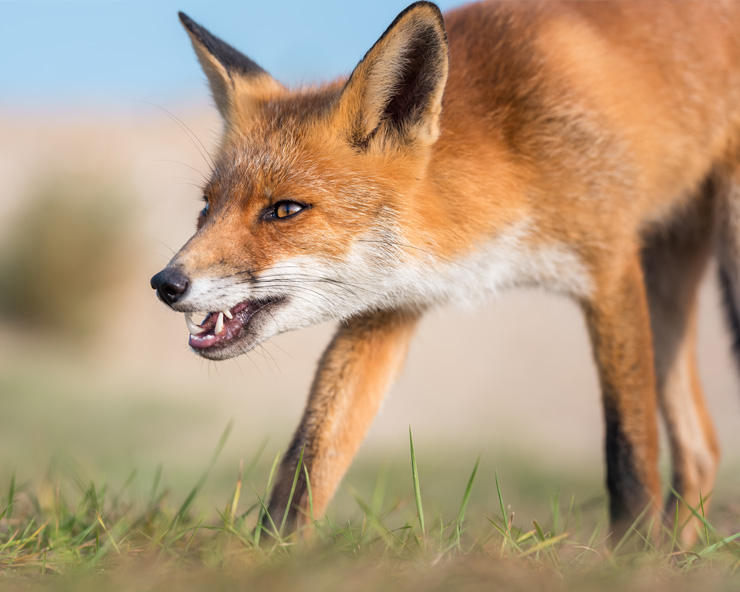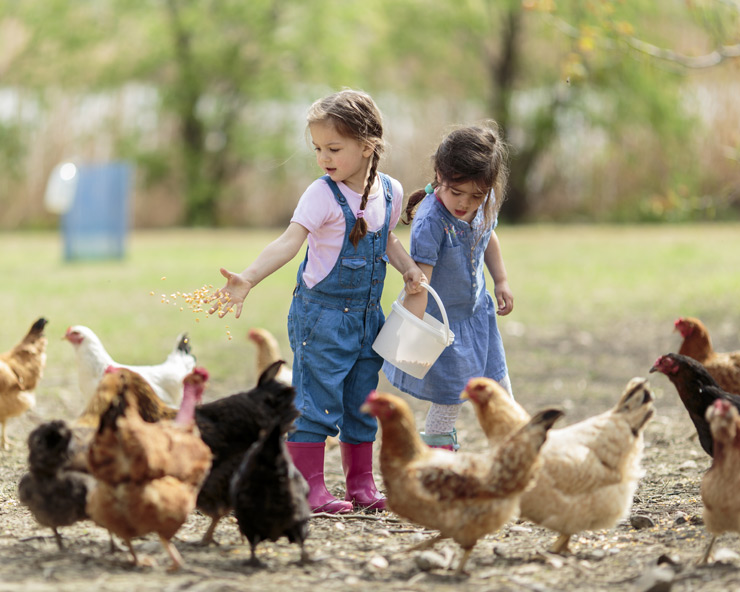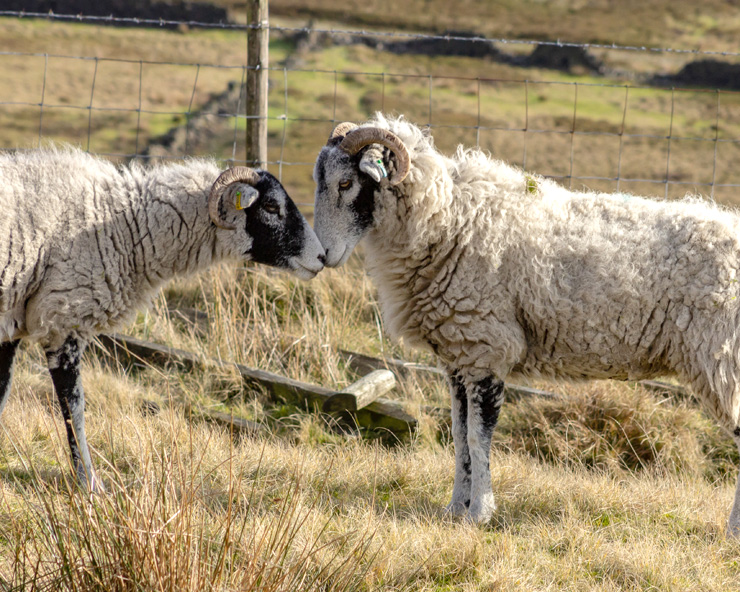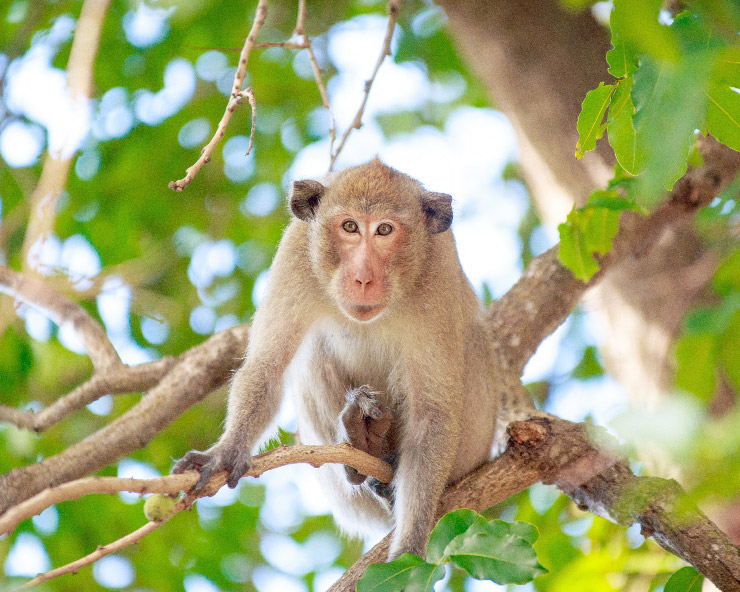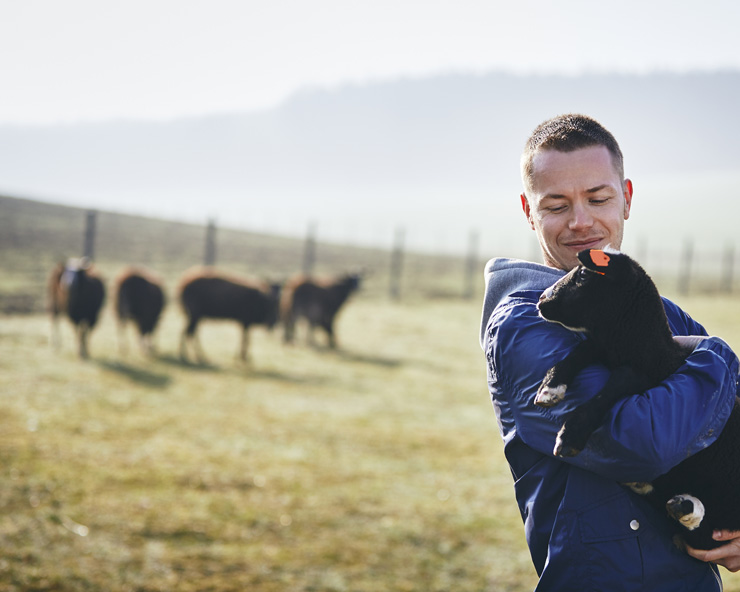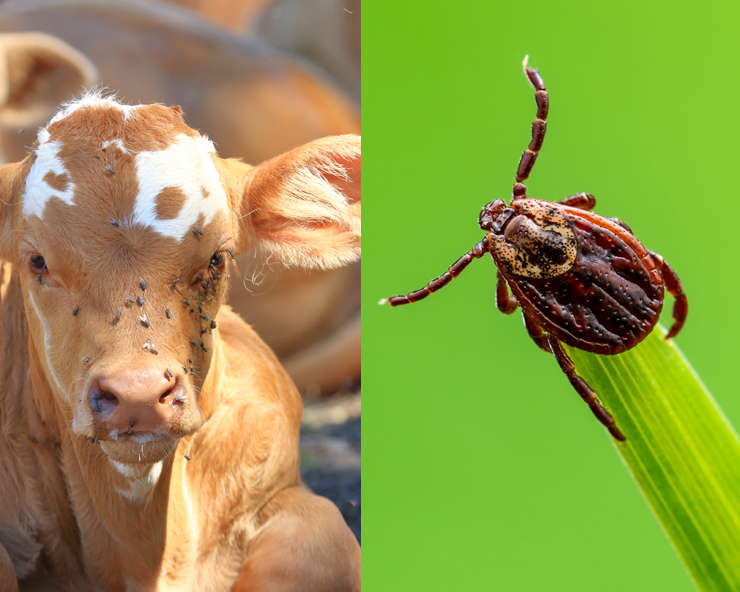Cleaning and disinfection for organic and alternative farms – Updated Resources
Cleaning and disinfection are important to protect your animals, business, and customers. For conventional farms, there are many synthetic products available to kill microorganisms. However, there are strict rules about what can and cannot be used for organic and alternative farms. Read on to learn more about how to properly protect your organic/alternative farm! Cleaning, … Read more

